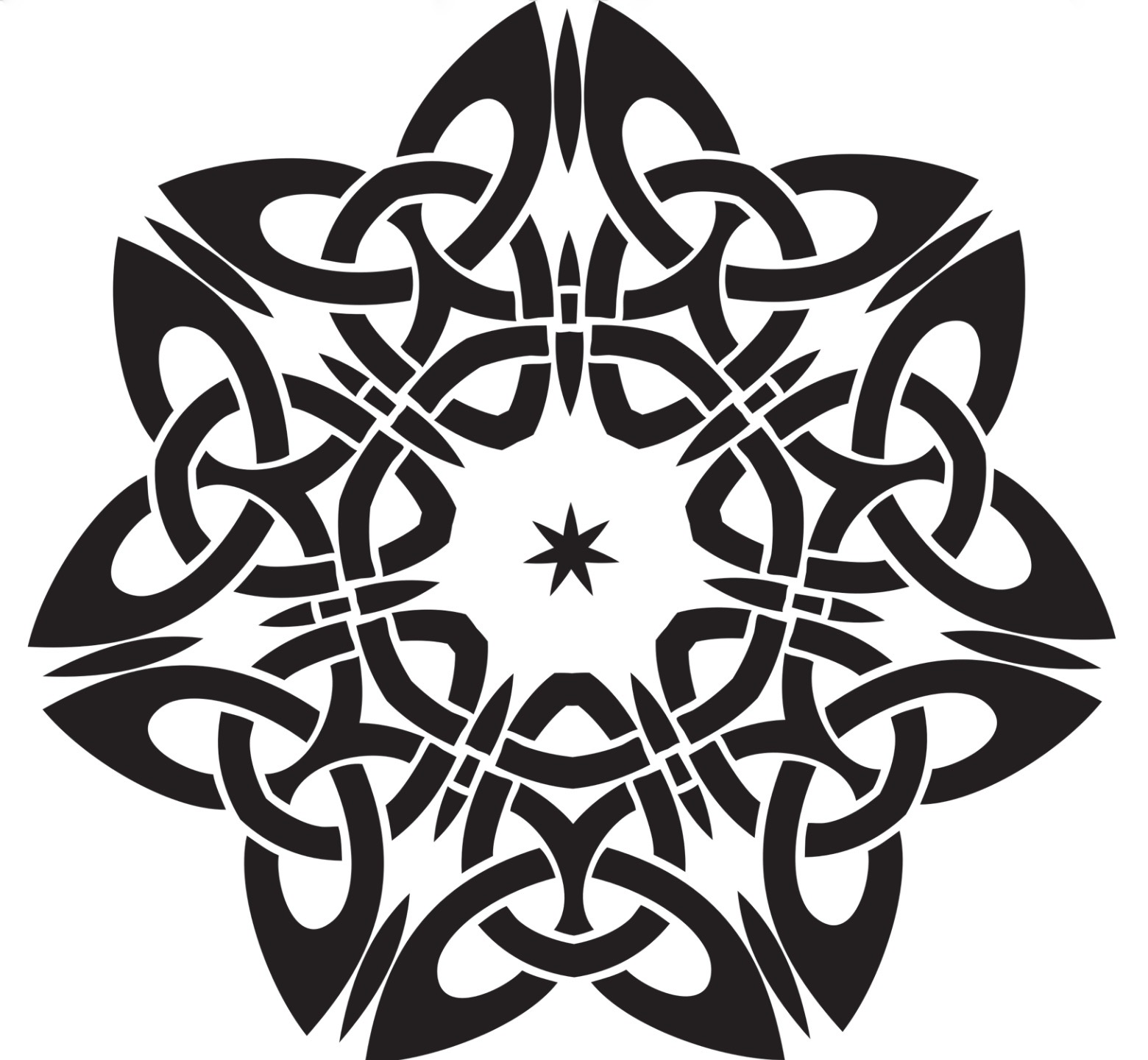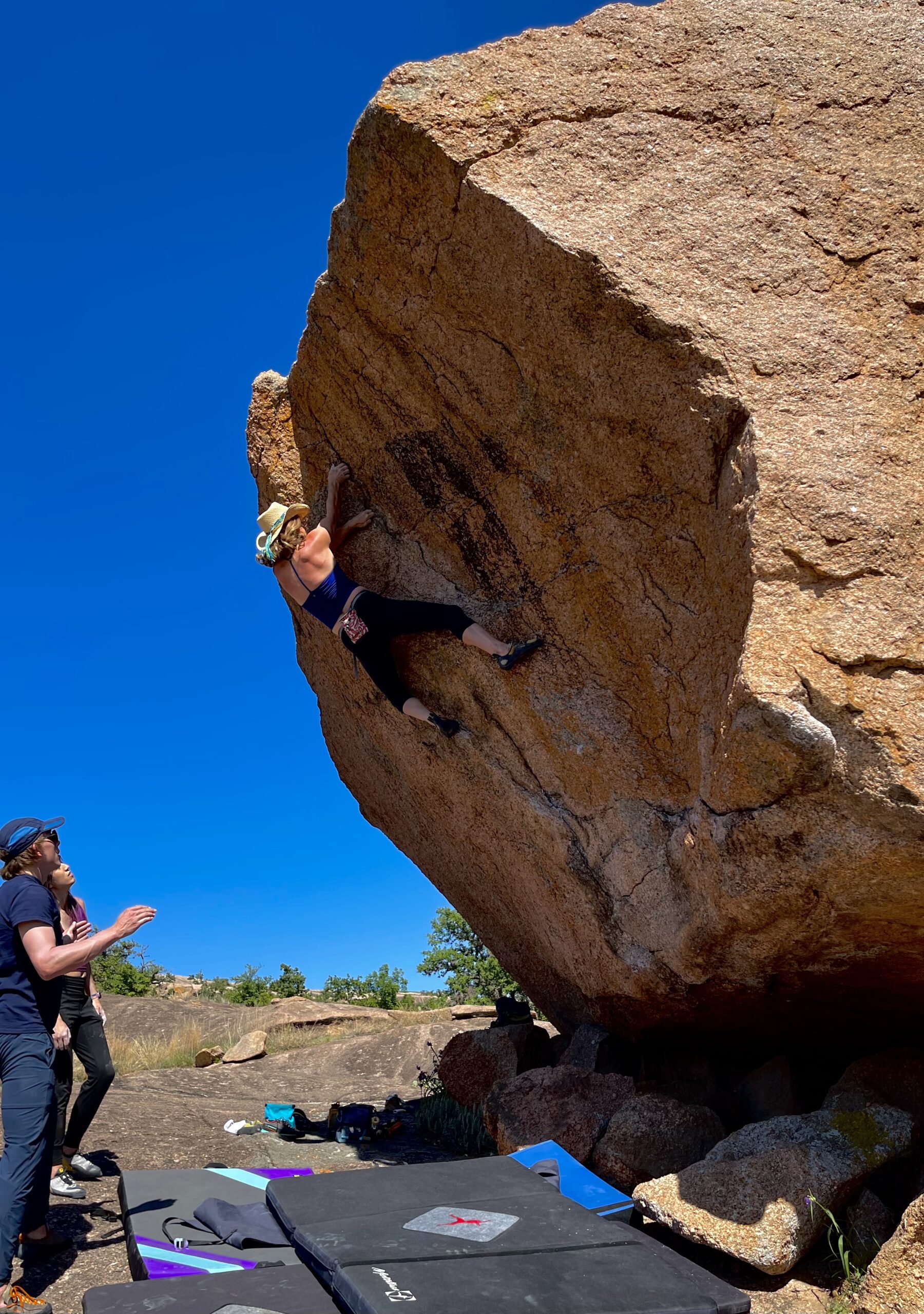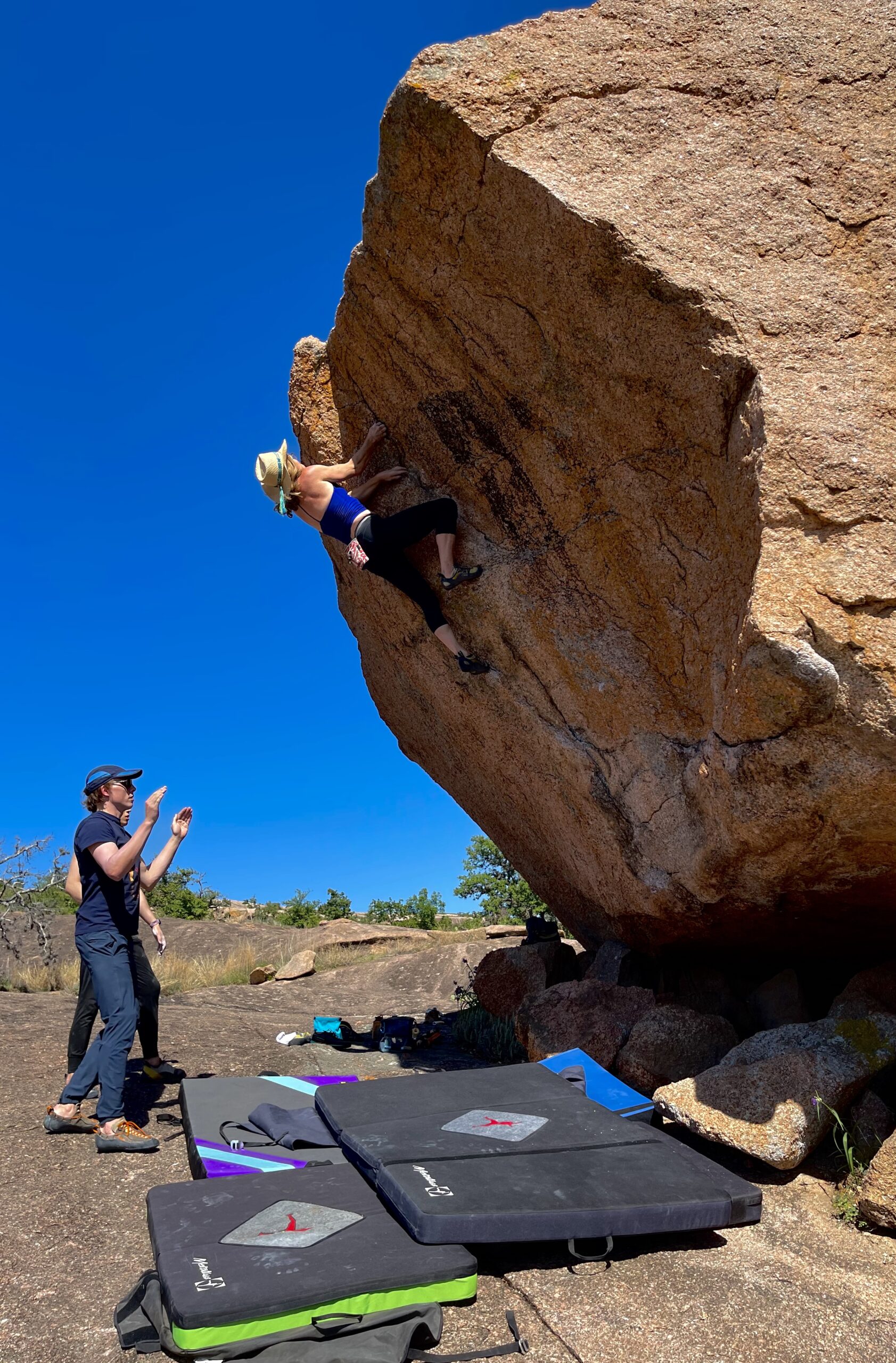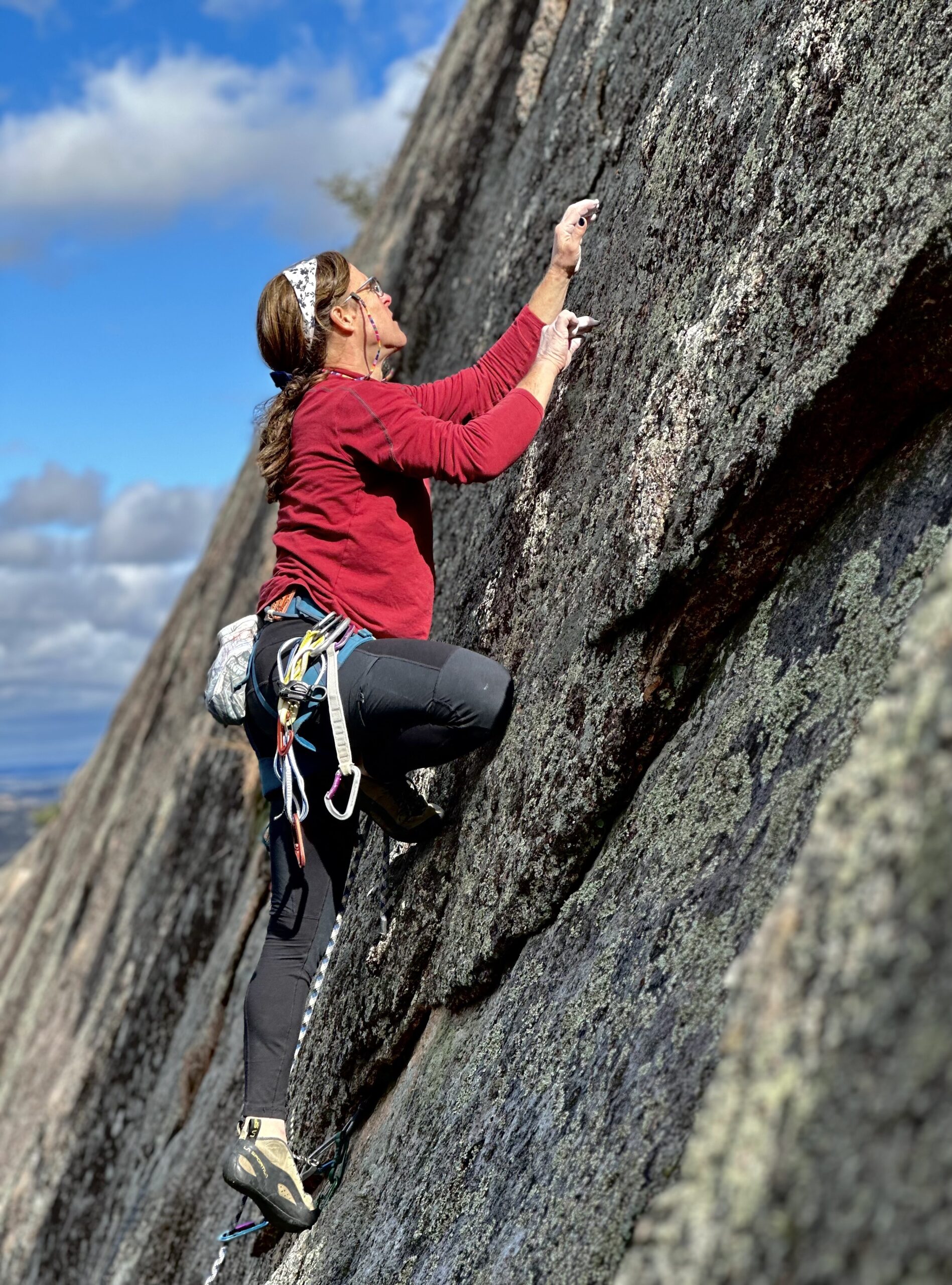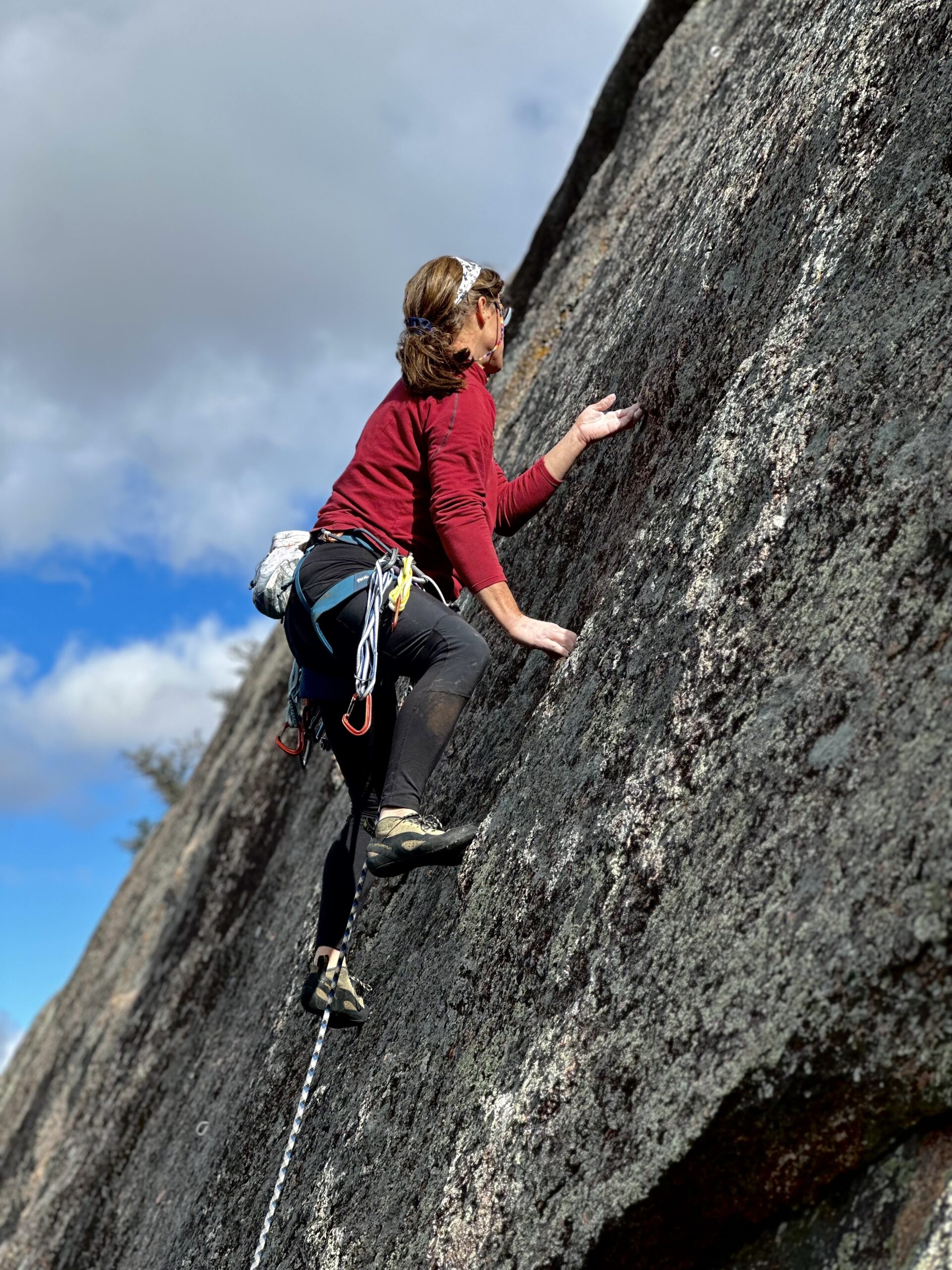Meet Mackenzie
Professionally…
I am a clinical psychologist (having completed my Ph.D. in 2002 from the University of Texas at Austin) and became a Somatic Experiencing Practitioner (SEP) in 2014. I have worked primarily with veterans with addictions and combined mental health problems since my internship at the Central Texas Veterans Health Care System from 2001-2002.
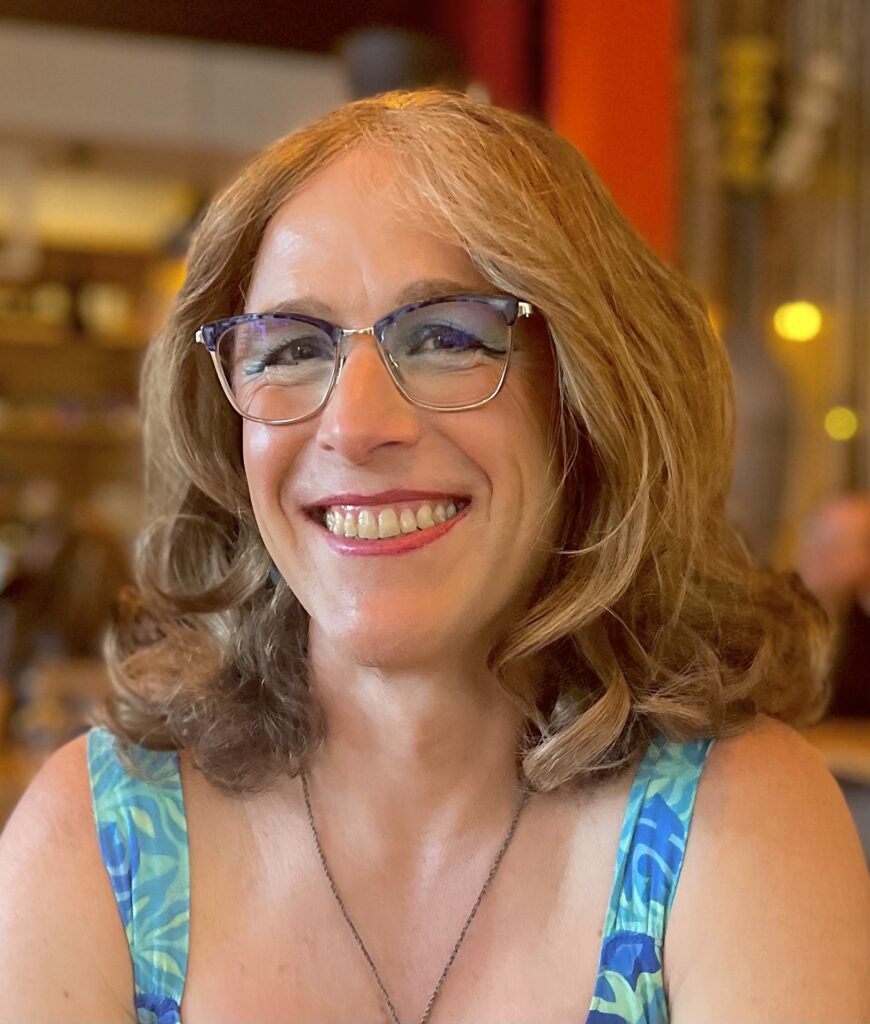
I never saw myself in the long-run working in addictions or with veterans, but was surprised by how meaningful both were for me starting during my internship. I came to realize that the reasons I found this rewarding made a great deal of sense, since I have a family history of addictive behaviors and also of military service. While the latter was not entirely hidden, it was always kept in the periphery by my maternal grandfather, most likely as a result of trauma from his service during World War II. After a brief stint in private practice I decided to take a job at the Central Texas VA and eventually accumulated a total of 20 years of federal service as the team lead and manager of the integrated substance and mental health treatment program; modernizing and adapting the program in keeping with scientific research and best clinical practices as well as supporting the growth and autonomy of my teammates to do the same. I am deeply proud of our team and the work we did.
These years of practice were fertile ground for learning how to treat people with the broadest possible range of mental health problems, including various anxiety disorders, mood disorders like depression and bipolar disorder, schizophrenia and other forms of psychosis, and challenging cases of complex PTSD and dissociative disorders (including dissociative identity disorder). As a result of this, I sought out advanced training in mindfulness practices (like Mindfulness Based Cognitive Therapy and Mindfulness Based Stress Reduction, treatment for dissociative disorders and complex PTSD, family systems, Accelerated Experiential Dynamic Psychotherapy, and Somatic Experiencing). While I already came to this job with an appreciation of differences economically, I am profoundly thankful for the way my work at the VA brought me into the lives of so many people I otherwise never would have met and humbled my mind and heart to appreciate the incredible diversity of human experience (outside of the relatively privileged and secluded life of a white child growing up in a small rural community).
Lastly, as I articulate more below, I have never felt “at home” in any one approach to treatment (as my mosaic implies) and have been deeply challenged and ultimately enriched by the process of bridging and connecting these various approaches to recovery and healing.
Continuing Education and Professional Presentations
I have provided the following seminars and trainings to professionals and trainees since around 2005. Those in bold are the ones I am still actively providing trainings in.
– Addictions and Integrated Treatment of Co-occurring Mental Health Problems
– Attachment Theory and Psychotherapy
– Building Resilience and Regulation
– Complex PTSD and Dissociative Disorders: Assessment and Treatment
– Military Culture & Impacts on Healing and Recovery
– Mindfulness and Psychotherapy Integration
– Motivational Interviewing
– Nutrition and Mental Health
– Polyvagal Theory and Implications for Psychotherapy
– Short-term Psychodynamic Treatment Models
– Somatic Experiencing
– Transgender and Gender Diverse Mental Health Care
Personally…
a little history
I grew up in a conservative and traditional tight-knit family, the child of an introverted, artistic, diligent and nature-loving mother from a blue-collar family and a hard-working surgeon and hard-playing father from a white-collar family. We lived mostly throughout California, eventually settling down on what we turned into a small ranch in the stark beauty of a small town (Felton) in the redwood-blanketed mountains outside of Santa Cruz. I had the fortune of being immersed in the beauty of nature and raising and tending the land and our menagerie (horses, cats, dogs, sheep, goats, chickens, geese, rabbits, etc). We were a very active family and I started early in sports like soccer, tennis, and skiing/snowboarding. Thanks to a summer trip to Yosemite, I found one of my life passions in rock climbing. Through college and my younger brother, I became increasingly aware and appreciative of liberal and progressive perspectives; particularly related to environmental and ecological perspectives emphasizing the complex and essential systemic relationships among all things and the ways in which ignorance and disrespect for them could wreak havoc. It was in graduate school that this ecological perspective was expanded into the area of human behavior and relationships, which has become my guiding passion ever since both personally and professionally.
In my heart…
I am introverted, introspective, and curious by nature, loving to stay active and get outdoors. I am committed to values of integrity, wisdom, humility, harmony, and service. I have been married over 25 years and have two children in young adulthood. From early on I never felt like I really fit into or identified with any one community, but rather connected with people across different types of communities and cliques. At the core, I think a significant factor in my not identifying with any exclusive group or community arose out of how, despite being assigned male at birth, I identified much more strongly with the feminine. I lived most of my life internally identifying as androgynous, what would now be called non-binary, until I came out as transgender in 2021. I fundamentally see myself as a bridge-builder and feel one of my greatest strengths has come as a result of having traversed many different frontiers over my life, both personally and professionally related to things like gender, spirituality, political identity, class, and race/ethnicity. As a result I am able to respect and connect with people across a broad array of different backgrounds, recognize that what binds us is greater than our differences, and remain humble enough to recognize there is much about others and this world we live in that is a mystery we can choose to explore.
Spiritually: While originally on the atheist side of agnostic, nature was my spiritual home and from a young age I was intuitively drawn to aspects of animist Native American traditions and later to Celtic traditions connected to my Scottish ancestors. Through my wife I came to embrace spirituality more directly, but never to any one exclusively. First it was to Buddhism and later to the mystic Christian theology shared by the ministers Tim and Barbara Cook of the Church of Conscious Harmony (CCH), who inspired the congregation to live by the model of Jesus through committed spiritual practice. Central practices included daily contemplative meditative practice (i.e., Centering Prayer) as well as the mystic tradition of “The Work” that takes a parts-work perspective on self-reflection and self-transcendence. I loved CCH because it was a spiritually inclusive church that welcomed the values and traditions of all faiths and emphasized personal work to support one’s spiritual journey. More recently I’ve connected with the outward-facing First Unitarian Universalist Church of Austin as a result of it’s social and spiritual inclusiveness and emphasis on social justice for all.
